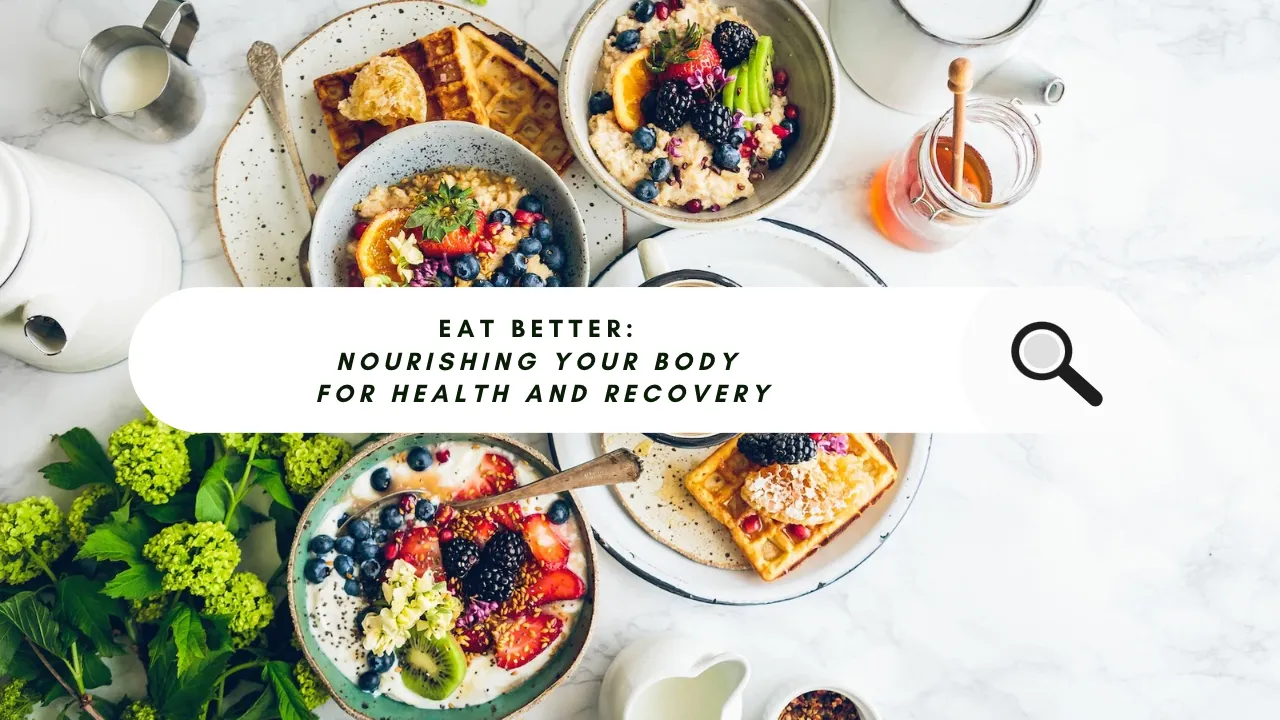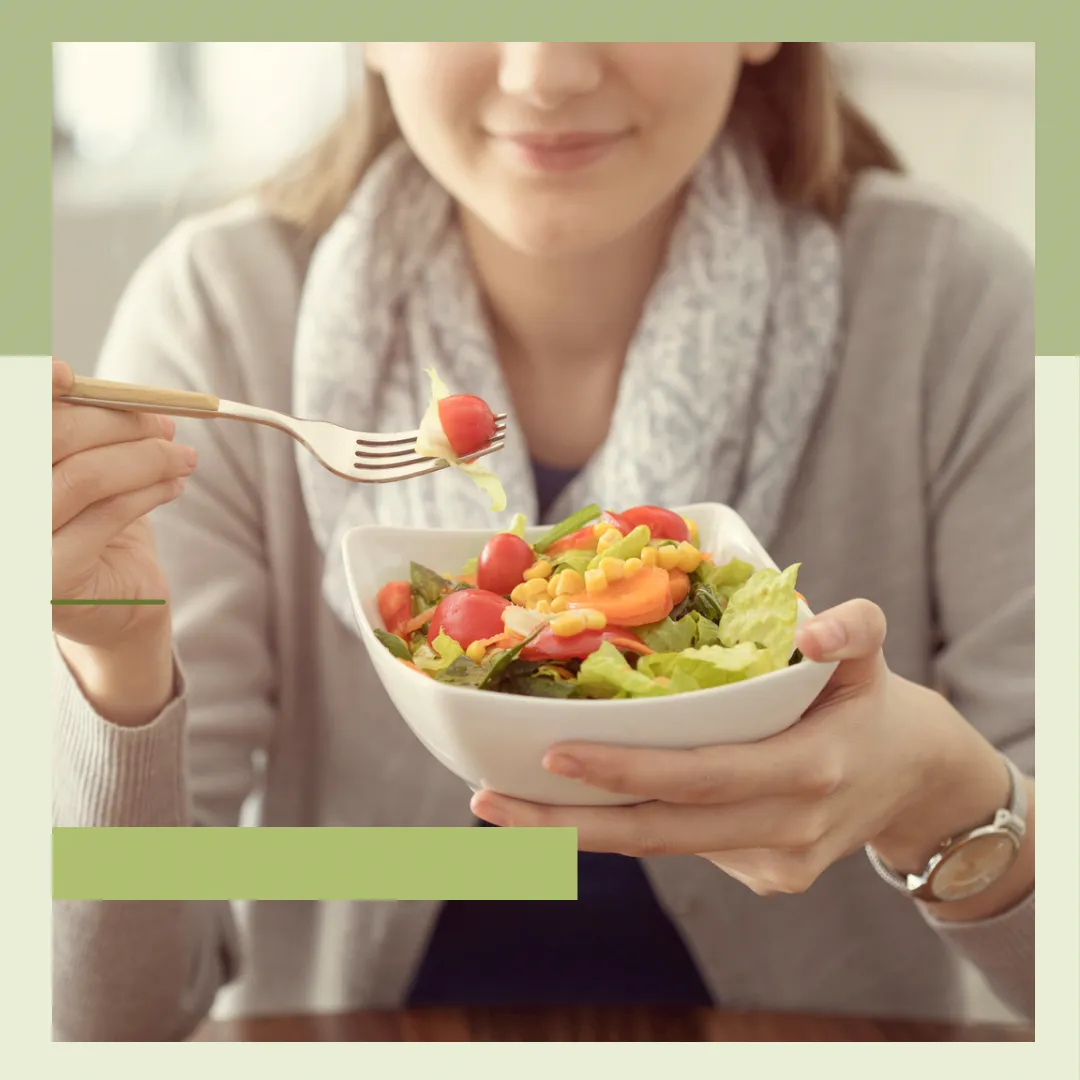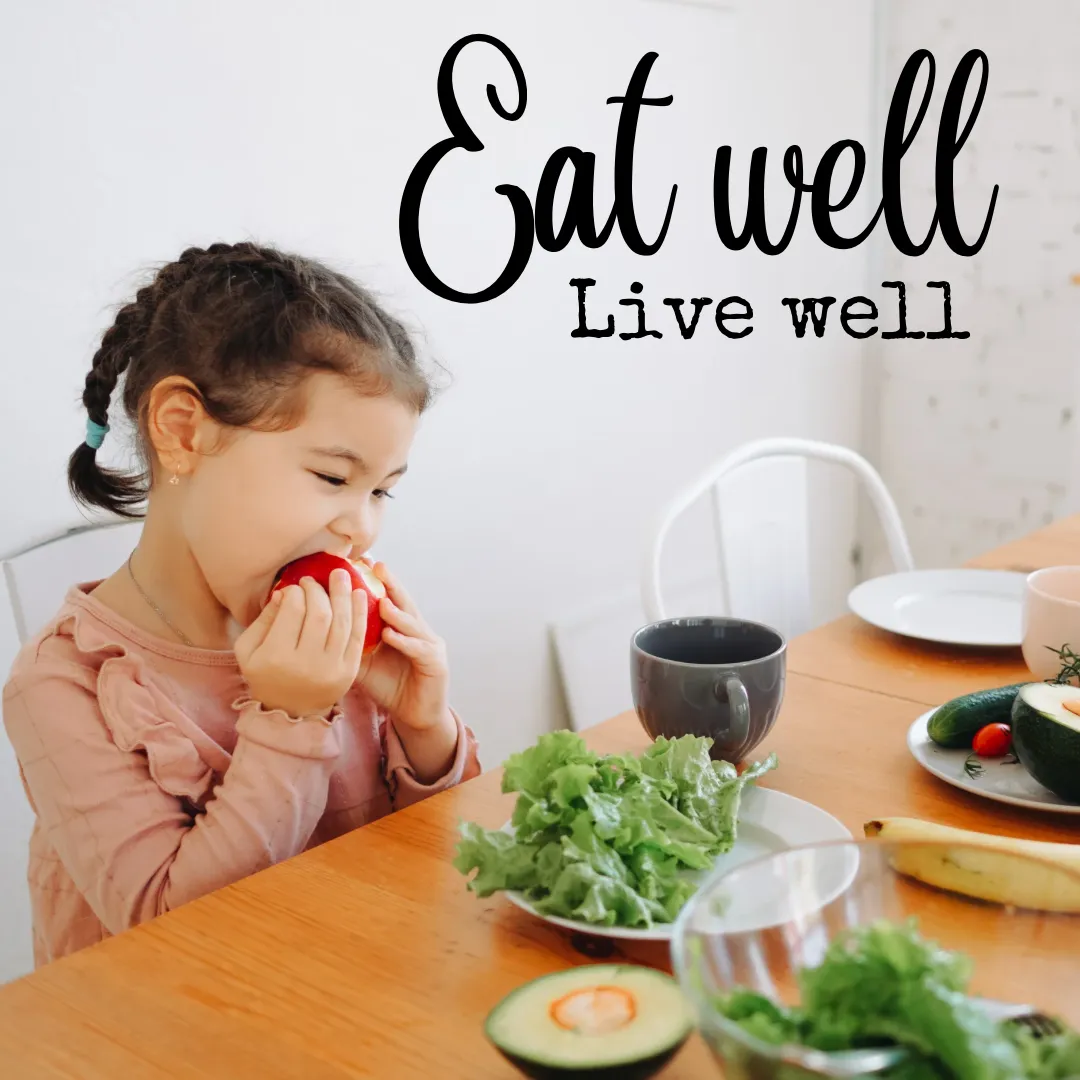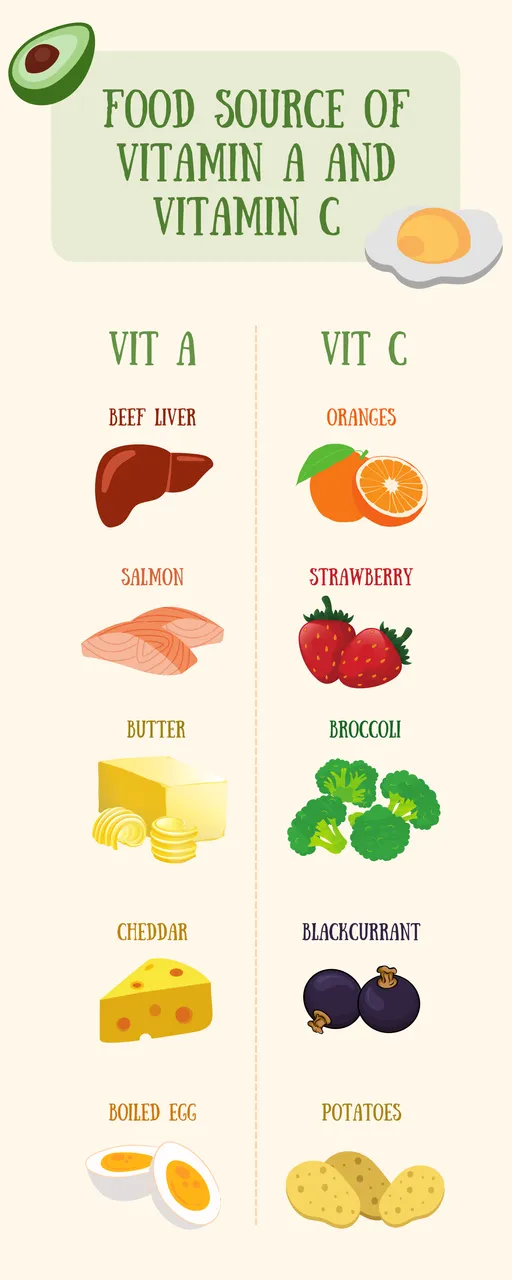
Nutritional value is crucial to maintaining strength, whether ill or recovering. You should eat differently, but you don't always need to eat more. I observed closely the possible outcomes of this not being addressed.
My uncle stayed at a care facility while having Parkinson's illness. He was hospitalized when he acquired pneumonia. In the care home, he had dropped a lot of weight, but he recovered fast once he was tube-fed in the hospital.
When a patient loses weight and deteriorates, people often consider it part of the disease process. This is only sometimes justified. What you take in really makes a difference when you are ill or have to recover from a major operation. Athletes who must increase and preserve their muscle mass with a protein diet should follow the same ideas. Even when you have a new hip, you must eat protein-rich food to recover. Many older people no longer eat much meat. If they don't like dairy, they don't get enough protein to rehabilitate properly.

How does malnutrition occur?
A healthy diet combines different types of food you eat in optimal quantities. This way, you get all the building blocks and energy your body needs. If you eat too little or are too unbalanced to cover your needs for an extended period, you become malnourished. People often need to be made aware of this. It is, therefore, a complex problem.
On the one hand, it arises because you need more but can't eat enough. On the other, because you don't know what else to eat. As a cancer patient, for instance, you need excellent nutrition to get through your treatment.
Cancer eats up energy to grow and requires more protein. Your muscles will break down if you can't get those from food. You so should start consuming more protein as soon as you are diagnosed with cancer.
But chemotherapy alters taste; everything tastes metallic, harsh, or like nothing at all. Another way this might happen is by radiation in the mouth-throat region; you acquire a dry mouth. Certain drugs can induce painful aphthous ulcers or nausea, reducing your appetite. Furthermore, daily preferences for likes and dislikes can change.

Who else is at risk?
People with chronic conditions such as muscle disease or Parkinson's disease have chewing and swallowing problems. Chronic obstructive lung disease COPD causes frequent coughing or even vomiting. Other possible reasons for malnutrition include gastrointestinal issues, poorly fitted teeth, or dental decay.
An allergy or intolerance can cause malnutrition because you avoid food components. In addition, a physical disability can make shopping and making food difficult. Persons with dementia who still live at home may even forget to eat.
Bariatric surgery, a stomach reduction, is also a risk factor. As a result, many nutrients are not absorbed, and you can eat less per meal. Finally, emotional problems such as depression and the loss of your partner or work can mean that you no longer feel like taking care of yourself, let alone cooking. Or you never learned to cook.
Your sense of hunger even disappears in the long run if you often skip meals. Of course, you can buy ready-made food everywhere, but the quality could be better. If you stay in a hospital or care institution, you often need help to choose what you eat. If you don't like it, you eat less. Or nothing. Older people eat less anyway because they have less appetite, but their need for nutrients remains the same.

What do you notice when someone eats too little?
Clothes get looser or too big, rings that slip off the finger, and hollow stomachs or faces. It is an alarm signal if the weight drops 5 percent within a month or 10 percent within six months. So weigh yourself regularly. If you are a carer for a vulnerable person, weigh them periodically and make a note of the weight. Because if you see someone often, you will not immediately notice that they are losing weight. Also, check if everything is in the house for a healthy meal. Finally, loss of strength is a signal. When someone can hardly get up from a chair, can no longer open a potty, or walks slower and slower.

What are the consequences of malnutrition?
You get sick faster, even if only a cold, and heal slower from illness, surgery, or injury. Not only do you lose fat, but your body also starts drawing on muscles and vital organs to get nutrients. Your heart muscle also weakens, and bones become brittle. Eventually, your health becomes permanent, and you are more likely to die.
If you last ate a long time ago, you should be careful when you start eating again. This is because then refeeding syndrome can occur. The sudden influx of food, especially carbohydrates, can disrupt your blood levels and cause dangerous complications. You must gradually eat more under medical supervision and need extra vitamin B1.
Is exercise also important?
If you lie in bed for a long time, your muscles lose volume. As you get older, it is harder to regain those muscles, and the ability to absorb and build up protein deteriorates.
You then need strength training. This is why it is important to start moving again soon, preferably as early as the hospital. Your muscles are essential not only for strength and stability but also for your sugar and fat metabolism. With good food and enough exercise, you can prevent many diseases, such as cardiovascular disease, osteoarthritis, cancer, insulin resistance, and inflammation in your tendons and joints.

So what is best to eat?
Because of the high calories and protein, it is not recommended to have a healthy diet with little fat and lots of vegetables. If you eat more proteins, you automatically get more calories.
You can also add extra carbs and fats. But you must be able and willing to eat them and maintain this diet to cover your needs. Otherwise, you will regress again, and that's often the biggest problem.
Can the dietician tell you what you need?
That is usually different from one particular food. People often fear dietitians will ban things, but we don't do that. On the contrary, you get practical advice to eat more and tastier. A lot of variation is possible with what you find in the supermarket; there are combinations you might have yet to think of yourself.
